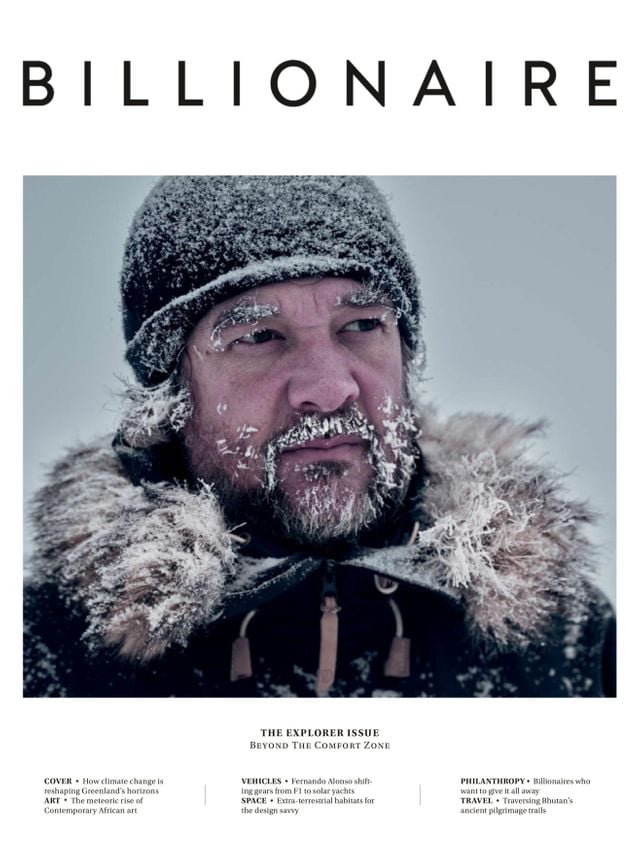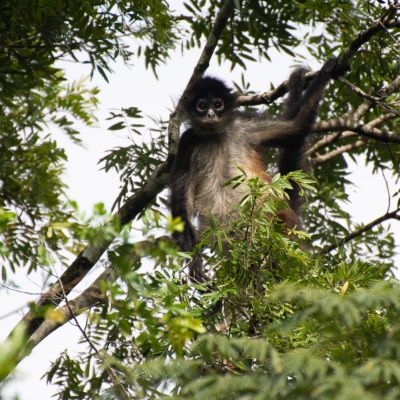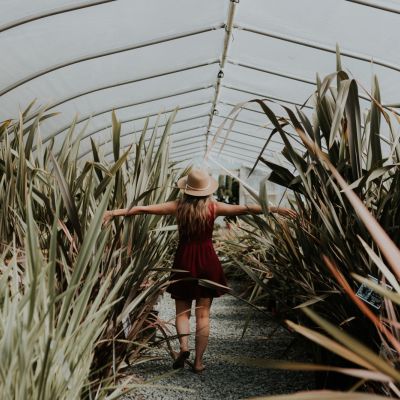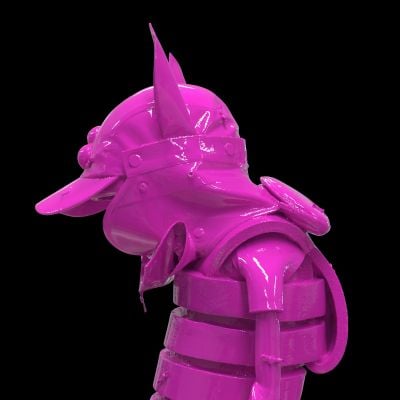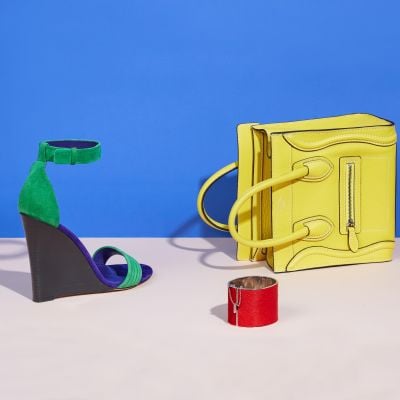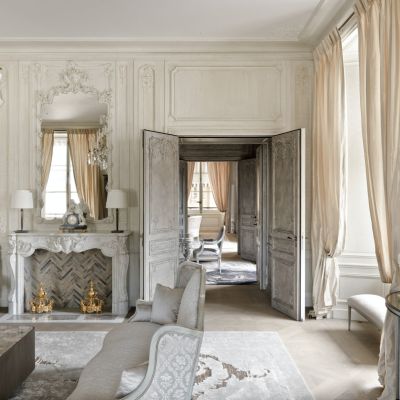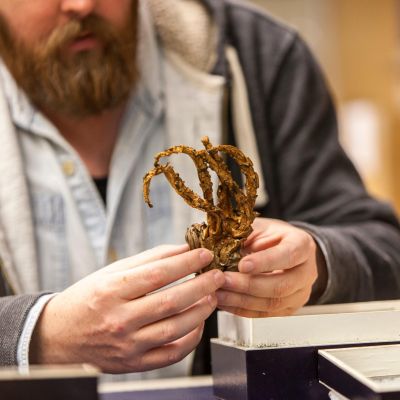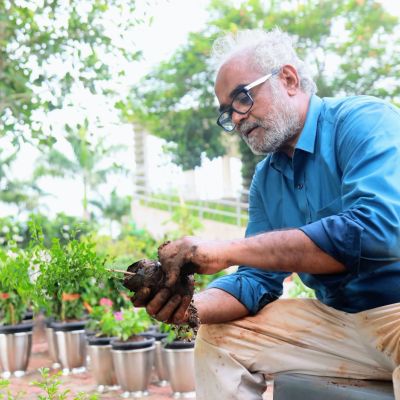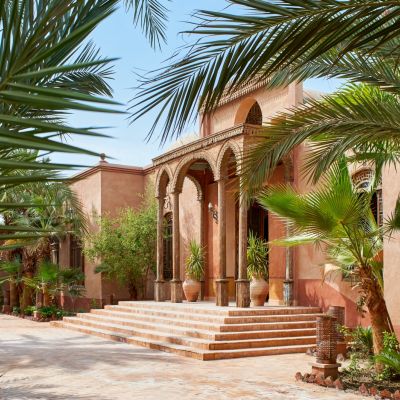Sparkling Enterprise
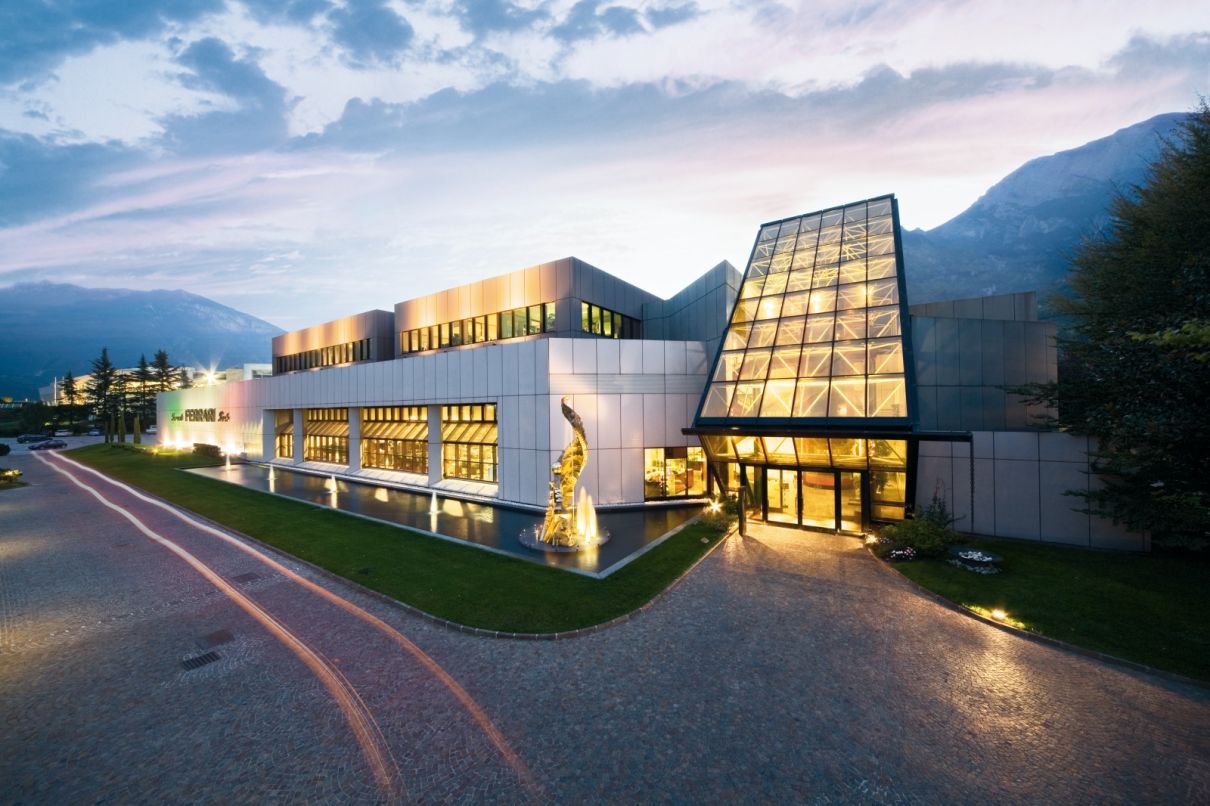
The Lunelli family’s Trentodoc belongs among the top sparkling wines of the world.
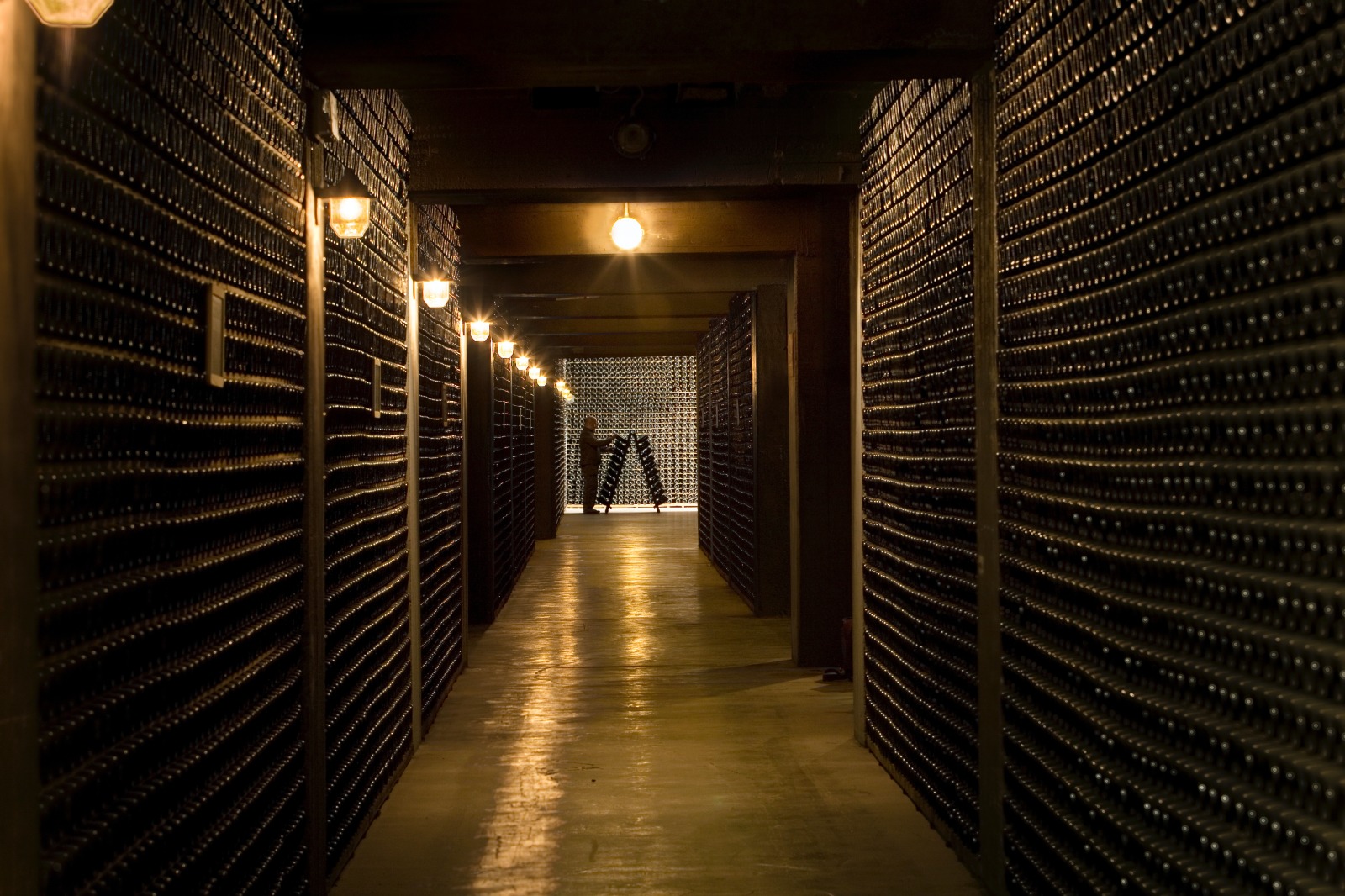
One hundred and 20 years ago, Giulio Ferrari (unrelated to the car-maker) began making sparkling wine in Italy in a manner he coined ‘metodo Ferrari’, essentially identical to the traditional Champagne-making method, where bottles are aged for at least two years and undergo a second fermentation.
After an inspirational trip to Champagne to do a winemaking course, he bought some land in Trentino, a mountainous region of the Dolomites, which he realised would suit the Chardonnay grape well, with the greater diurnal shift between warm days and cool nights.
He became the first to import Chardonnay grapes into Italy and his thesis proved correct. By 1906 his sparkling wine, made from a blend of Chardonnay and Pinot Noir and aged for between two and 10 years (the aging process arrived after the 2nd World War), had been awarded the Gold Medal at the International Exhibition in Milan, the first of many accolades. Today, Trentodoc has the largest planting of Chardonnay grapes in Italy and there are some 64 producers hailing from the area.
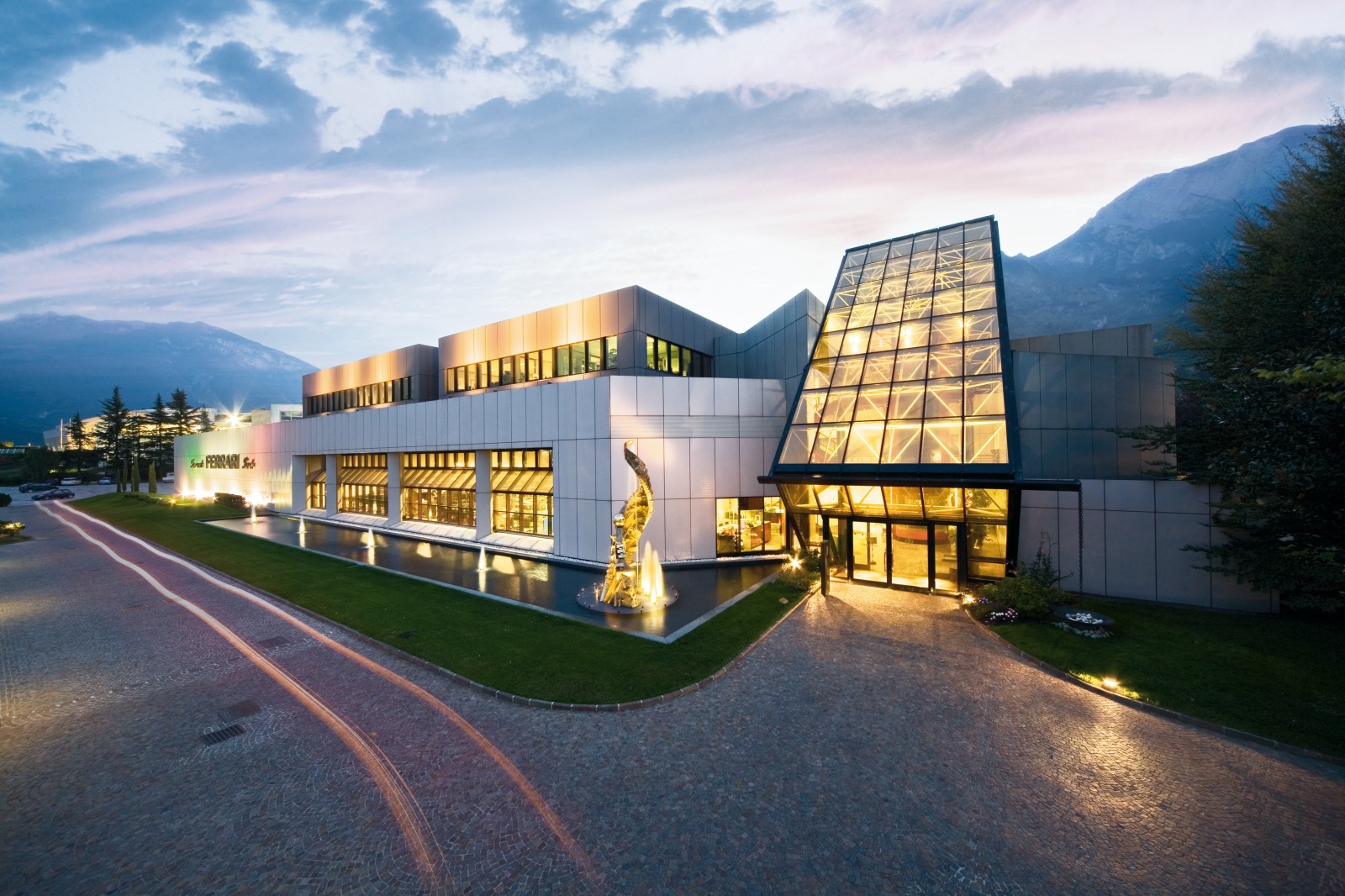
In the 1950s, when he was producing 9,000 bottles annually, Giulio Ferrari was in his 70s without an heir. Wanting to step back, knowing that his business was in a safe pair of hands, he chose wine merchant Bruno Lunelli. Lunelli was not a wealthy man, but ran a wine shop in Trento and had five children, which gave a sense of continuity.
Three generations later, the grandchildren of Bruno are now running a highly successful wine business since they took the reins in 2000, says Camilla Lunelli, who works alongside her cousins Matteo Lunelli (president and CEO), Alessandro Lunelli and Marcello Lunelli.
“Our values and approach and search for excellence have remained the same, as has our emphasis on sustainability,” she says from her office in Trentino. As of 2017, all vineyards belonging to the Lunelli Group located in Trentino and grown for the production of Ferrari Trentodoc received an organic certification, a process that Camilla Lunelli says took some 20 years to achieve. This year, the winemaker obtained carbon-neutrality certification, having reduced to zero the impact on the climate of the winery through cutting direct and indirect emissions and carbon offsetting, including underwriting a wind farm in Brazil.
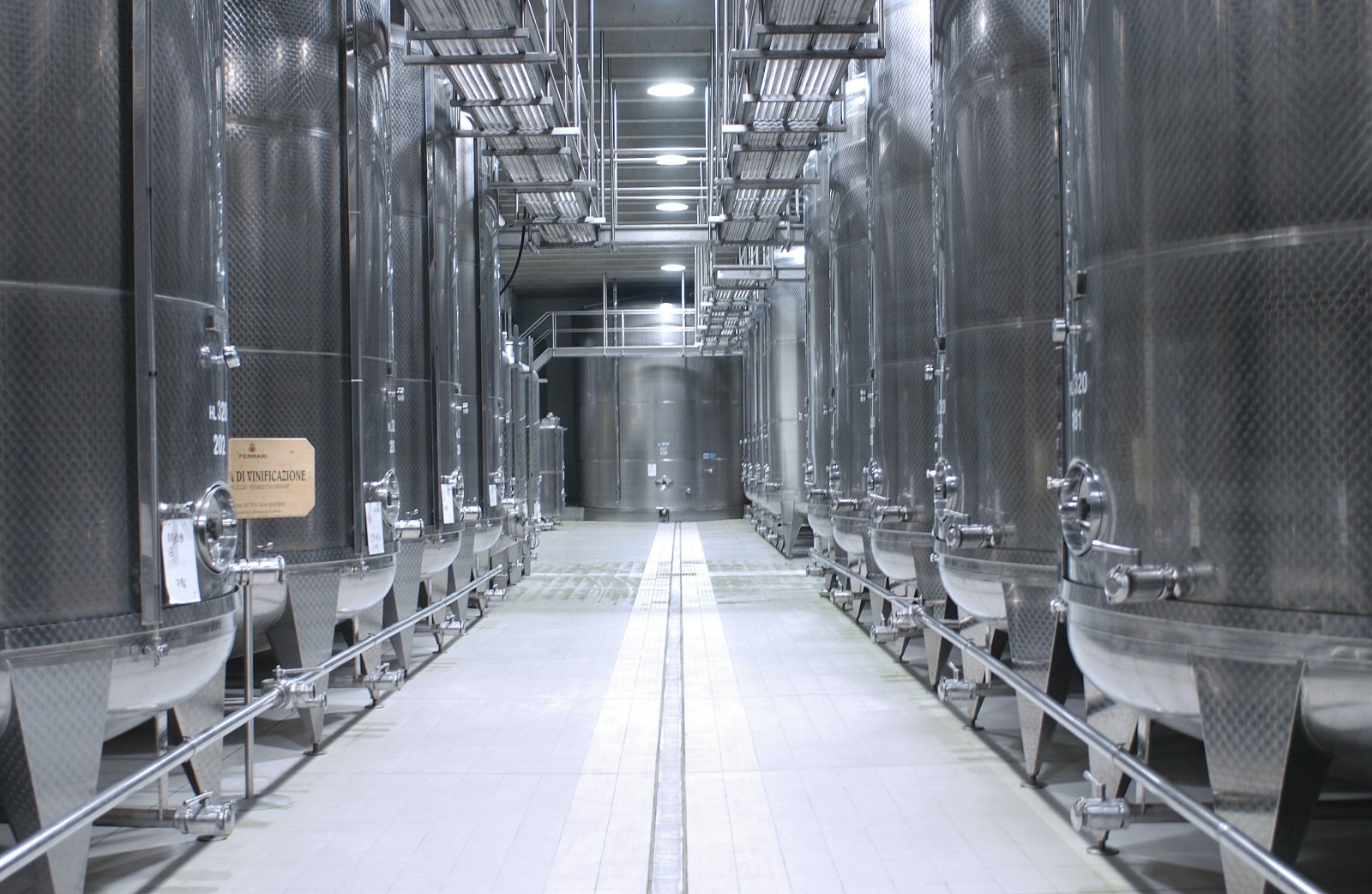
Last year, Ferrari Trento was announced as the official toast of Formula 1 until 2025. Stefano Domenicali, president and CEO of Formula 1, describes it as “a natural partner for us”. “For more than a century, Ferrari Trento has been synonymous with Italian excellency, pouring its passion into creating fine sparkling wines capable of elevating any moment,” he says.
It was a huge coup, says Camilla, and the fact that a Champagne wasn’t chosen actually ruffled a few feathers. “No one expected that and it created a bit of upset,” she adds. “But it’s a fair competition and sparkling wine shouldn’t be monopolised.” (Last year, Ferrari Trento won the title of Producer of the Year for the fourth time at the Champagne & Sparkling Wine World Championships.)
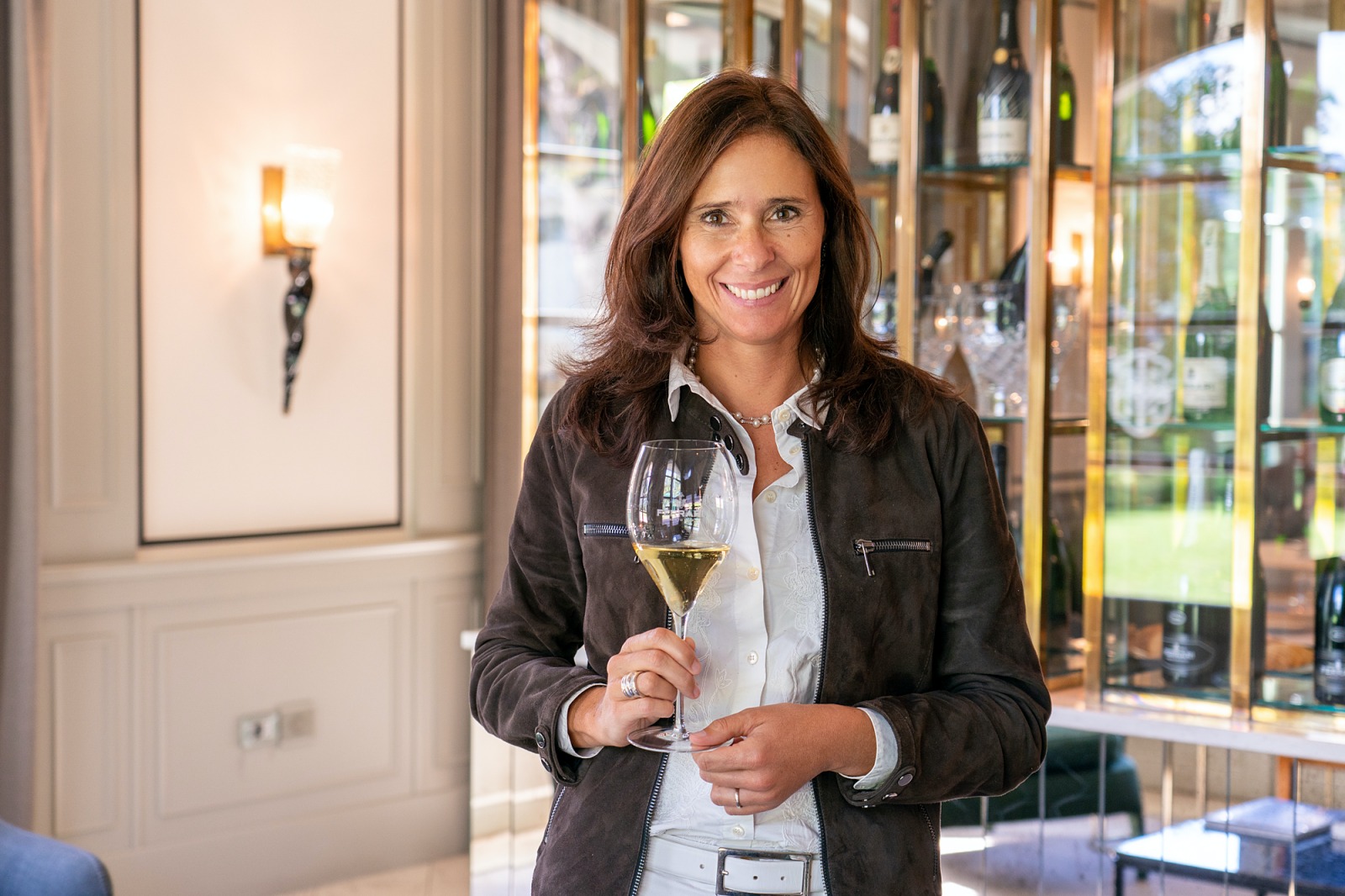
Camilla recalls the legacy of founder Giulio Ferrari and how he felt about his wine. “Selling was not his strong point,” she laughs, “as he always wanted it to be limited and exclusive. He was obsessive about quality and really only wanted to produce a few bottles.
“In a letter to his nephew, he mentioned a luxury cruise line that wanted to order 2,000 bottles. He was upset by this. ‘I don’t want to sell it like a soft drink’ he wrote, so he only sent them 60 bottles in the end.”
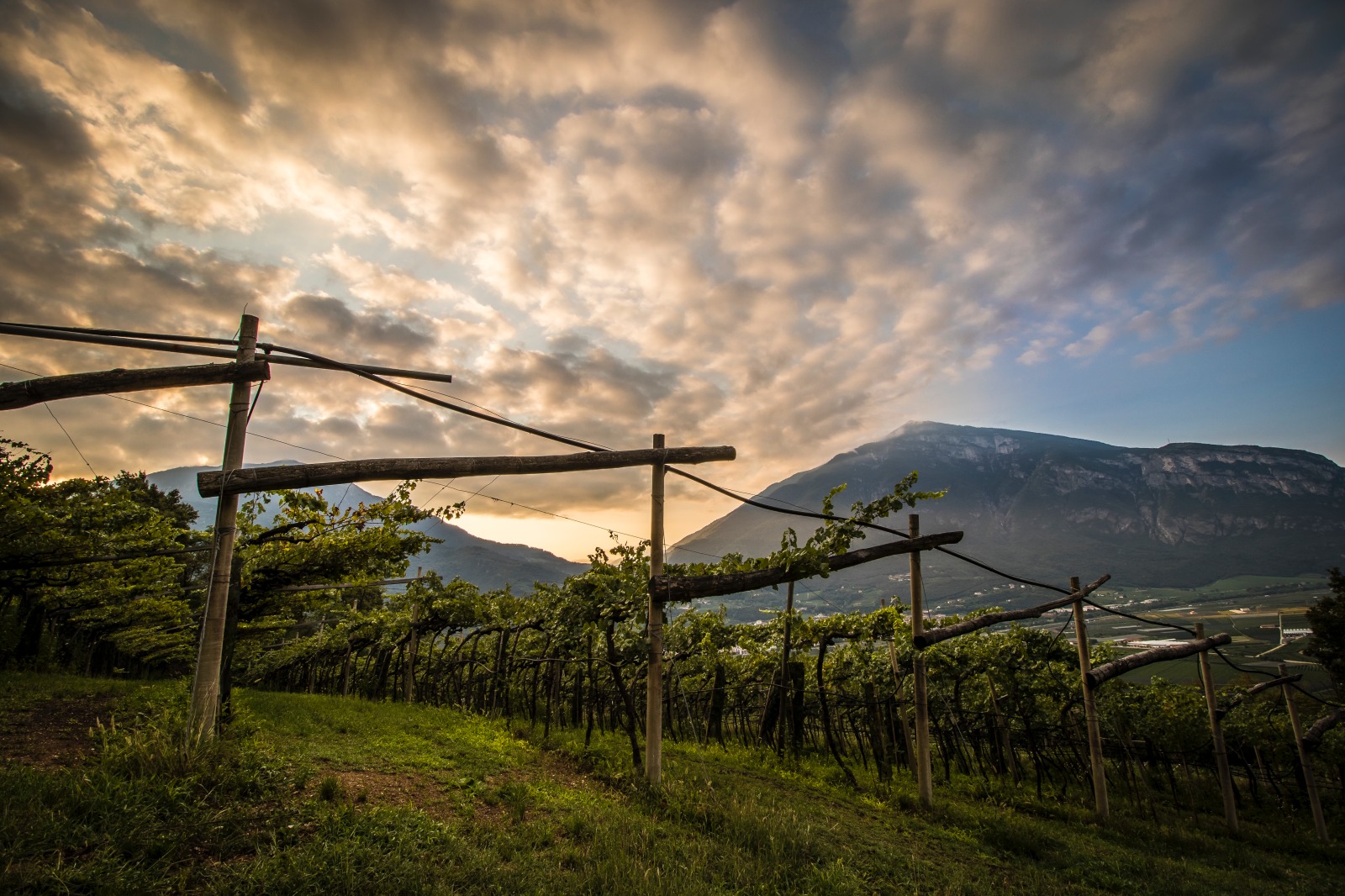
I hope that Giulio won’t be turning in his grave when we discuss current production levels, which in 2021 topped 6.8 million bottles from 120-odd hectares using grapes from around 600 local viticulturists. Most bottles are sold in Italy’s top restaurants and bars, including Ferrari Trento’s own one Michelin starred restaurant, Locanda Margon, helmed by young chef Edoardo Fumagalli and located near the gorgeous 16th century Villa Margon. The company is in the process of growing the winery, with a €30 million investment in production capacity to keep up with growing demand. It is still completely family-owned, Camilla tells me but, in the future, the firm wouldn’t rule out an external investor.
Ferrari Trento exports around 15 per cent of its production overseas, with the US, Germany and Japan making up the top three export markets. It is trying to grow its share of sales overseas, especially after a difficult couple of years during COVID, although there has been a bounce back — it actually sold out of bottles in 2021.
Camilla says that certain markets, including the UK, are reluctant to try sparkling products that they don’t immediately recognise, such as Champagne or Prosecco. But hopefully, consumers are becoming better educated about the different options, she adds.
Dan Warham, a sommelier at Limewood, a five-star hotel in the UK, believes they are. “Trentodoc sparkling [ the classic method sparkling wines from the mountains of Trentino ] is tasting better than ever and they will certainly be able to produce great sparkling wines over the next few years. The potential is huge, for sure.”
This article originally appeared in Billionaire's Explore Issue, Autumn 2022. To subscribe contact

